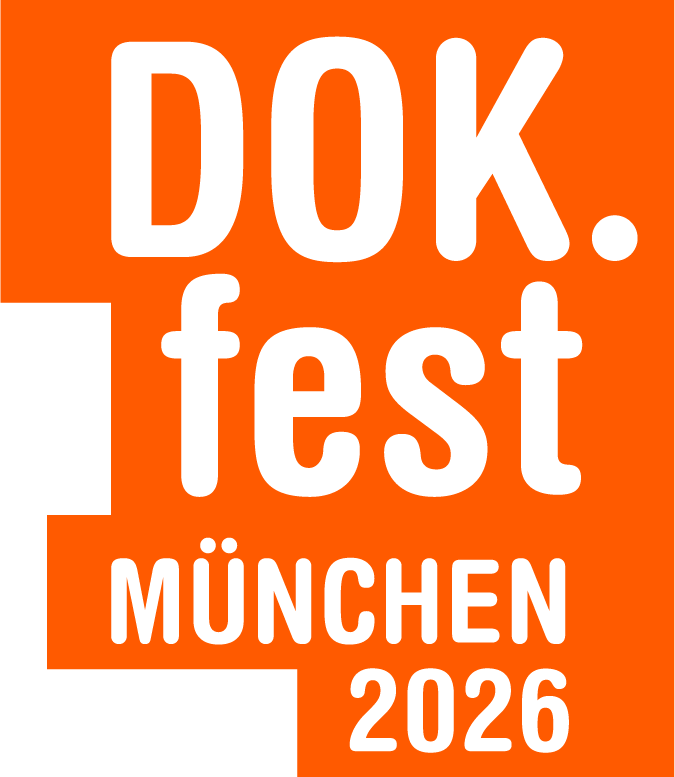Award Winners 2007
All awards, all statements of the jurys.
The Documentary Film Award of Bayerischer Rundfunk and Telepool 2007 (worth 10.000 EUR) goes to
Malon 9 Kovahim - 9 Star Hotel by Ido Haar, Israel
for giving us an intimate insight into the consequences for human beings stuck in the Israeli Palestinian conflict.
Ido Haar shows illegal Palestinian workers literally building a new Israeli society with the absurdity of never having the chance to be a part of it.
By living side by side with them the filmmaker was able to reproduce the uncertainty of their lives and successfully translate this into a Kammerspiel situated in the hills on the outskirts of Jerusalem. 9 Star Hotel’s style goes far beyond reportage and has reached the level of real cinema.
The Special Documentary Award (worth 2.500 EUR, sponsored by BLM, the Bavarian Authority for Private Broadcasting) goes to
The Bittner Case, by Caterina Woj, Germany
a very controversial documentary that raises many questions.
In telling a very dramatic and tragic story the filmmaker has chosen a visual form that avoids judgement and voyeurism and leaves enough space for the viewer to establish his own relationship with the main characters.
With The Bittner Case Caterina Woj has taken the risk to make a very disturbing film in which everyone is confronted with the complexity of the tragedy which often lies behind the tabloid headlines.
The Horizons Prize of the 22nd International Documentary Film Festival Munich 2007 goes to the film
Pïrinop, My First Contact (Pïrinop, meu primeiro contato) by Mari Corrêa and Karané Ikpeng, Brazil.
Within an otherwise strong competition, Pïrinop, My First Contact (Pïrinop, meu primeiro contato) was so convincing that the Jury came to a unanimous decision.
Apart from its magnificent images and its gentle narrative, what really makes the film stand out is the inversion of the perspective of the traditional ethnographic film: the protagonists of the film, the Ikpeng Indians, are, in this case, not the objects but the subjects of the film. Our “white” world appears only in short but very revealing sequences. When tourists swarm into the reservation hungry for sensation or when the natives fly over their jungle, which is now little more than clearings, then we inevitably become intruders.
First and foremost the Ikpeng tell us their version of the story of their first encounter with white men, of their forced resettlement and the loss of their homeland. The film makes clear that even a resettlement that is accompanied by an anthropologist and is apparently well-intentioned remains nevertheless a forced resettlement that involves a loss of home and cultural identity.
While the film uses the first ethnological footage and media reports as part of its argument, it incorporates them into the context of the Ikpeng’s own account so as to give them a new interpretation.
For the Indigenista movement this documentary becomes a means of self-assertion and reflection of their own history. The two directors have achieved a very moving piece of filmic grassroots historiography.
FFF-Documentary Talent Awards
As part of the International Documentary Film Festival Munich 2007 the Bavarian film and television fund, FFF Bayern, awards its FFF-Documentary Talent Award worth 5,000 Euro to the films Dear Mum, I hardly knew you… (Liebe Mama, ich kannte dich kaum) by Alice Agneskirchner (3,000 Euro) and Der rote Teppich by Andrea and Eric Asch (2,000 Euro). The members of the Jury were the producer Dagmar Biller (Tangram Film), Werner Fuchs (Zorro Film) and cameraman Christof Oefelein.
Dear Mum, I hardly knew you… (Liebe Mama, ich kannte dich kaum) (Production: Bavarian Broadcaster BR) is a filmic attempt by Munich author and director Alice Agneskirchner to get close to her deceased mother Rosi, and goes far beyond being just a family story. The Jury states: "Dear Mum, I hardly knew you… is a courageous journey into one’s own past, but the film is much more than the mere emotional confrontation with one’s own demons. Starting with the private sphere the film develops structurally into a consistent image of an era that allows the audience to identify with it and leaves no one untouched."
At the heart of Der rote Teppich (The Red Carpet), Andrea and Eric Asch’s graduation film from the Munich Film and Television School HFF (production: Instinktfilm, BR), is the successful Hamburg writer Axel Brauns, who is also making his first movie. This wouldn’t be anything special if it wasn’t for the fact that Brauns is autistic. The film follows him during the making of his film and depicts Brauns’ journey from autism to being quite a "communicative" artist. The Jury states: "Der rote Teppich (The Red Carpet) gives the spectator a unique insight into a world that normally remains closed to him. Autistic people live in their own universe; they have no contact with other people and are all too often ignored and dismissed as "idiots". Andrea and Eric Asch draw an unusual, artistically compelling portrait of Axel Brauns which includes many emotional high points". The Jury also wants to mention in particular "the sensitive, accentuated music" by Sebastian Pille.
The Jury also decided the allocation of the AVID-Talent Award. A complete editing system goes to the HFF Munich student Svenja Klüh for her family documentary Life is a Long Lasting Day (Das Leben ist ein langer Tag).


